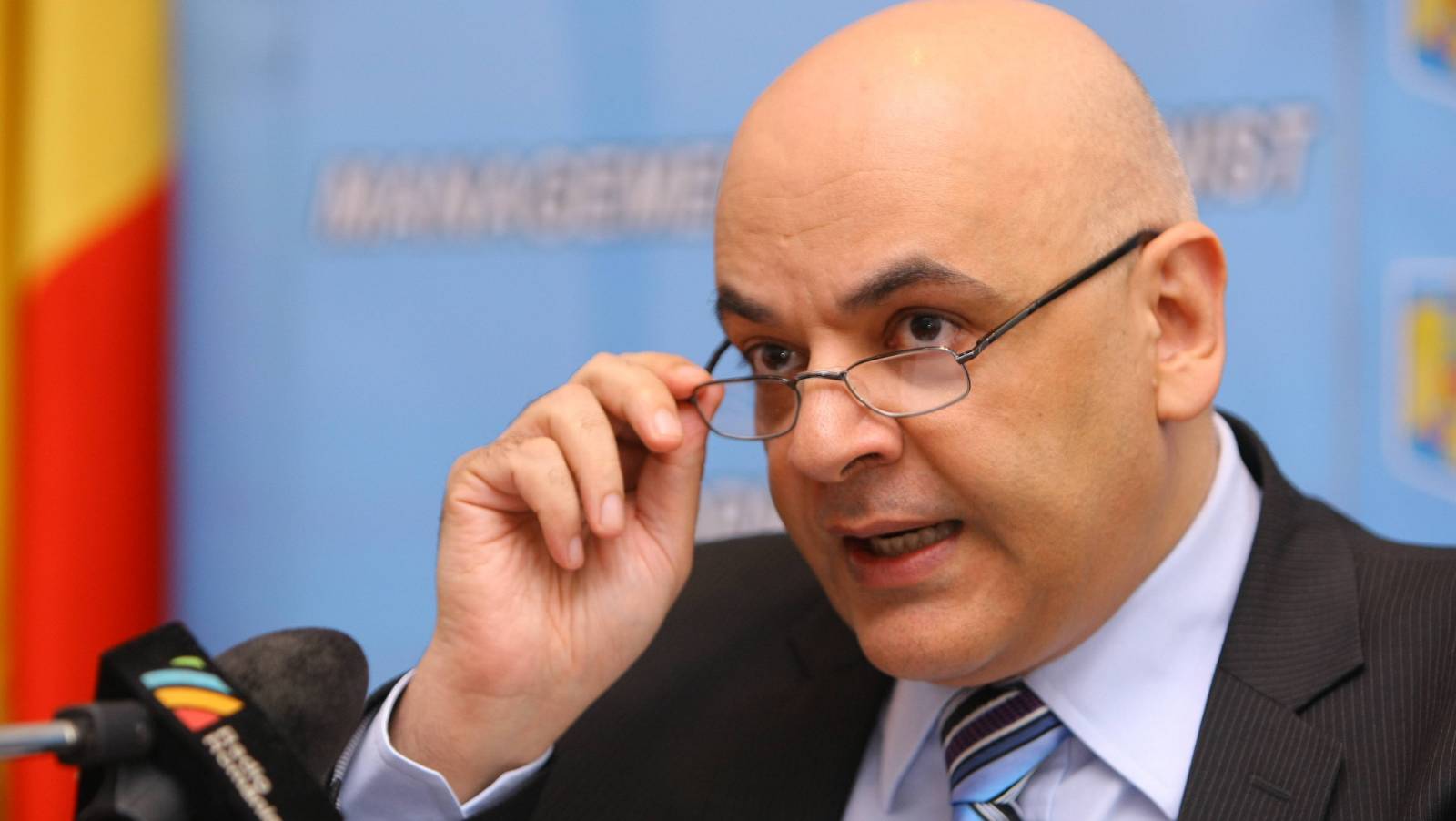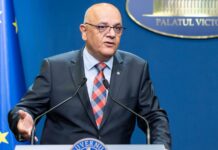Emergency service 112 it needs substantial improvements following all the problems that have been reported recently, as well as the tragedy in Caracal. It seems that the killing of Alexandra Macesanu was a starting point to reform the 112 emergency service, or at least at the declarative level this is the situation, Raed Arafat making 14 proposals for measures to improve the system for Romanians.
As you can see below, we are talking about measures that have very long implementation deadlines, up to 5 years, during which other people may die due to the incompetence of the authorities. For each set of measures there are many other "sub-measures", as you can see below, and in total we are really talking about a reform for the 112 emergency service, but I don't think that even a third of what we see below will be implemented.
Raed Arafat made a lot of changes for the emergency services in Romania, and he can definitely reform 112, but he said that he is not putting his mandate at stake because everything is not in his power alone. What do you think about these 14 measures proposed to improve the 112 emergency service?
Short-term measures, implementation within 12 months
1. Urgent implementation of the AML localization system, including by improving the legislative framework
The changes must aim at the following:
• establishing a definition for the new type of location information (information generated by a native functionality of the terminal, not by the infrastructure elements of the communications network);
• obliging providers of public mobile telephone networks to allow the transmission of location information both in the form of SMS/standardized message and as a data package (HTTPS POST) to the SNUAU administrator;
• the introduction of a provision regarding the bearing of the cost of the SMS/standardized location message as well as the location data package (HTTPS POST) by the providers of public mobile telephone networks;
• the obligation of the SNUAU administrator to use the automatic location data in addition to those obtained on the basis of the primary location information;
• establishing the number used for sending SMS/standardized messages (114);
• ensuring priority receipt and transmission to SNUAU of location messages associated with an emergency call, regardless of the type of service used by the respective user;
• the obligation of mobile phone operators to provide electronic communications services at mobile points for which payment is made in advance (Prepaid cards) only after collecting the identification data of the SIM card user;
• ensuring the protection of personal data and their appropriate management in emergency/crisis situations.
• the basis for processing personal data received during an emergency call
The estimated budget for the implementation of this measure is 3.392.000 lei including VAT
2. Conclusion of a Collaboration Protocol with Google, testing and subsequent operationalization of the final AML type localization solution in SNUAU
3. Reconfiguration of own infrastructure (software updates) to facilitate the transmission of location information at national level, both through data connections and through SMS/message data
standardized.
4. Promotion of the "Call 112" application developed by the Special Telecommunications Service, as well as other applications/systems/platforms that support the population in emergency situations
Medium-term solutions, implementation from 12 months to 36 months
5. Continuing the implementation of the concept of integrated dispatch centers and continuous training of dispatchers by adapting the existing spaces, which allow the operation of dispatch centers of all agencies
specialized in the same location, and ensuring the infrastructure of communications and information technology, at the level of the counties of Argeș, Botoșani, Brăila, Călărași, Cluj, Constanța, Dâmbovița, Giurgiu, Gorj, Hunedoara, Iași, Mureș, Sibiu, Suceava and the municipality of Bucharest.
6. Establishment and staffing of two training centers (Bucharest and Mureș), where courses will be provided for the training of trainers and dispatchers, in the dedicated profession of "single dispatcher"
(emergency dispatcher). The training of ISU – SMURD – SAJ/SABIF dispatchers is already initiated and continues through the training program within the Romanian – Swiss project named
"Improving the quality of pre-hospital and hospital services". As part of this project, 8 trainers were trained, and 650 dispatchers from the ISU - SMURD - SAJ/SABIF agencies will be trained through the "Human Capital Operational Program".
7. Completion of the implementation of the system modernization project112
8. Improving and harmonizing cooperation and call management procedures for special situations (such as kidnapping) and initiating other legislative measures depending on
difficulties arising in the dispatching process, as the case may be
9. The implementation of other complementary technologies such as time and radio signal parameters, as well as the possibility of retrieval and interpretation at the level of SNUAU and intervention agencies, manually, during the emergency call, with the aim of improving the location of terminals that do not support facilities modern such as AML
10. At the national level, after the completion of the implementation of AML/ELS and the new systems at the STS level, it is necessary to establish a mechanism for periodic verification of the accuracy and degree of trust
of the location information obtained at the level of the SNUAU system, so that it is possible to identify areas and/or cases where the location information is insufficient/inadequate on the mentioned parameters for an effective intervention, and further to identify solutions for its improvement. Thus, it is proposed to identify and adopt a set of indicators, qualitative and quantitative, to assess the accuracy and degree of reliability of the location information, to be tracked and analyzed at the CNC level of SNUAU and to allow the identification and evaluation of such of cases
as well as taking appropriate action.
Long-term measures, implementation from 36 months to 60 months
11. Expansion of the integrated dispatch centers at the regional level, by relocating the county dispatch centers in 20 regional dispatch centers, located in new buildings, connected and properly equipped on the line
communications and information technology, possibly built through projects with external funding, from the European budget exercise 2021 – 2027
12. The continuous preparation/training of dispatchers for the integration of specialized intervention agencies, simultaneously with the adaptation of the training curriculum and the implementation of the training of dispatchers in an integrated concept.
13. Development of the integration process of all specialized agencies in single dispatches. To achieve the desired, targets such as:
1. The establishment and staffing of two new training centers (in total four training centers at the national level) to contribute to the training of single dispatchers (emergency dispatchers).
2. Modernization of the dispatching application, by introducing the possibility of simultaneous alerting of all categories of forces belonging to specialized intervention agencies, implemented system,
currently, on the resources that provide emergency medical assistance and the provision of qualified first aid.
3. Constant analysis of the opportunity and necessity of optimizing the number of integrated dispatch centers at the national level.
14. The legislative framework incident to the 112 system will be permanently adjusted in order to implement the measures to be adopted at the level of the European Union and in accordance with the needs at the national level.

















